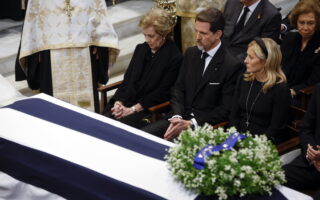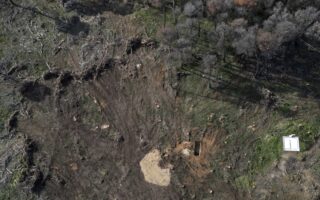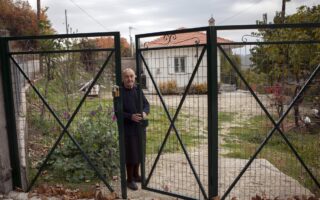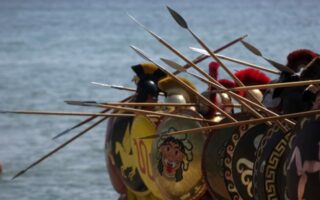Lessons from the Imia crisis
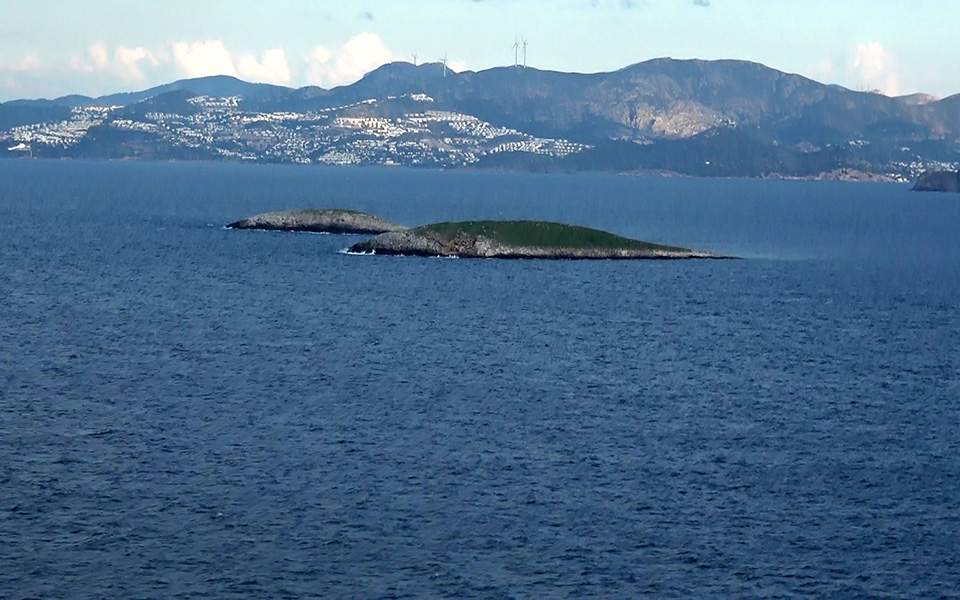
Twenty-seven years have gone by since the Imia crisis, yet it is an incident that remains deeply etched on the collective conscience. It is an open wound on the one hand and, on the other, an enduring source of conspiracy theories and prophecies of what will happen if… What matters though is whether we learned anything from that fateful night, and whether it has taught us to handle the constant spikes in tension with Turkey.
What Imia taught us first and foremost is that we must not toy with the armed forces; that having one or two inadequate officers in key positions can come at a heavy price. It is true that ever since 1996, such appointments for purely political or other cronyist reasons have been few and far between.
Another lesson learned is how a crisis can escalate without any plan whatsoever, simply because everything starts working on autopilot: “The Turks sent two ships, let’s send three,” “Turkish journalists planted a flag, let’s send someone over there to take it down and replace it with ours.” It has now become second nature for diplomatic and military officials to weigh every move carefully before making any decisions. It makes an enormous difference, for example, if it is the coast guard or the navy that is involved in a specific incident. The culture of avoiding an unplanned escalation has become so entrenched that younger officials are placed to act like a filter for hot-blooded politicians and officers who may decide to escalate the Greek reaction to a Turkish move without going through the proper channels.
The third lesson we learned from Imia is that all the key players who will be called upon to make a decision should know exactly what they’re dealing with, what the rules of engagement stipulate and what the country is capable of. In a serious country, they would all come together at regular intervals and run simulations of the different scenarios. And, yes, let’s not forget how important it is for them all to be on the same page and not be hampered by personal or institutional rivalries that may cloud their judgment and undermine the climate of trust that is so essential in all historic decision-making. We saw what happened in the Imia crisis when the main players stopped trusting each other and the basic rules of crisis management were ignored.
We have most definitely grown up since 1996. Our institutions may continue to be a bit weak and we have not managed to create a National Security Council that a country like Greece should have, but we have learned a lot. Most importantly, we have learned the significance of addressing a crisis before it escalates, before it reaches the point of no return.


